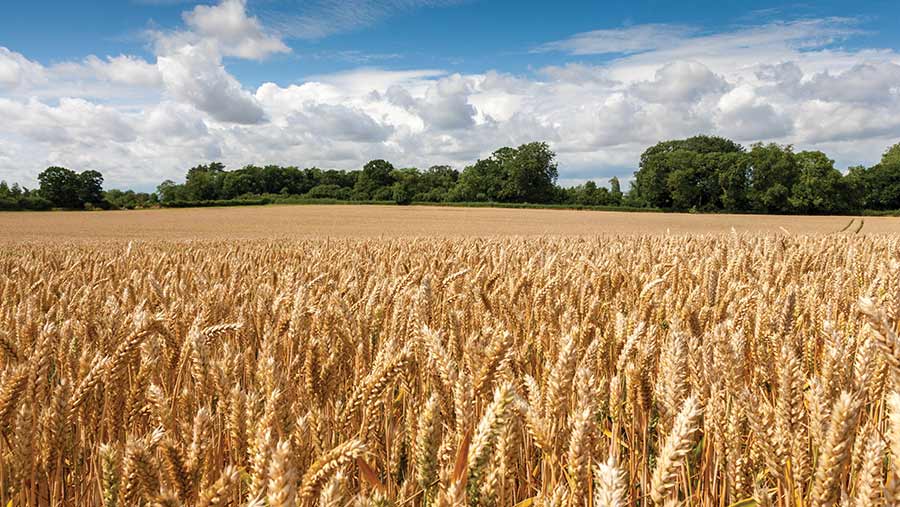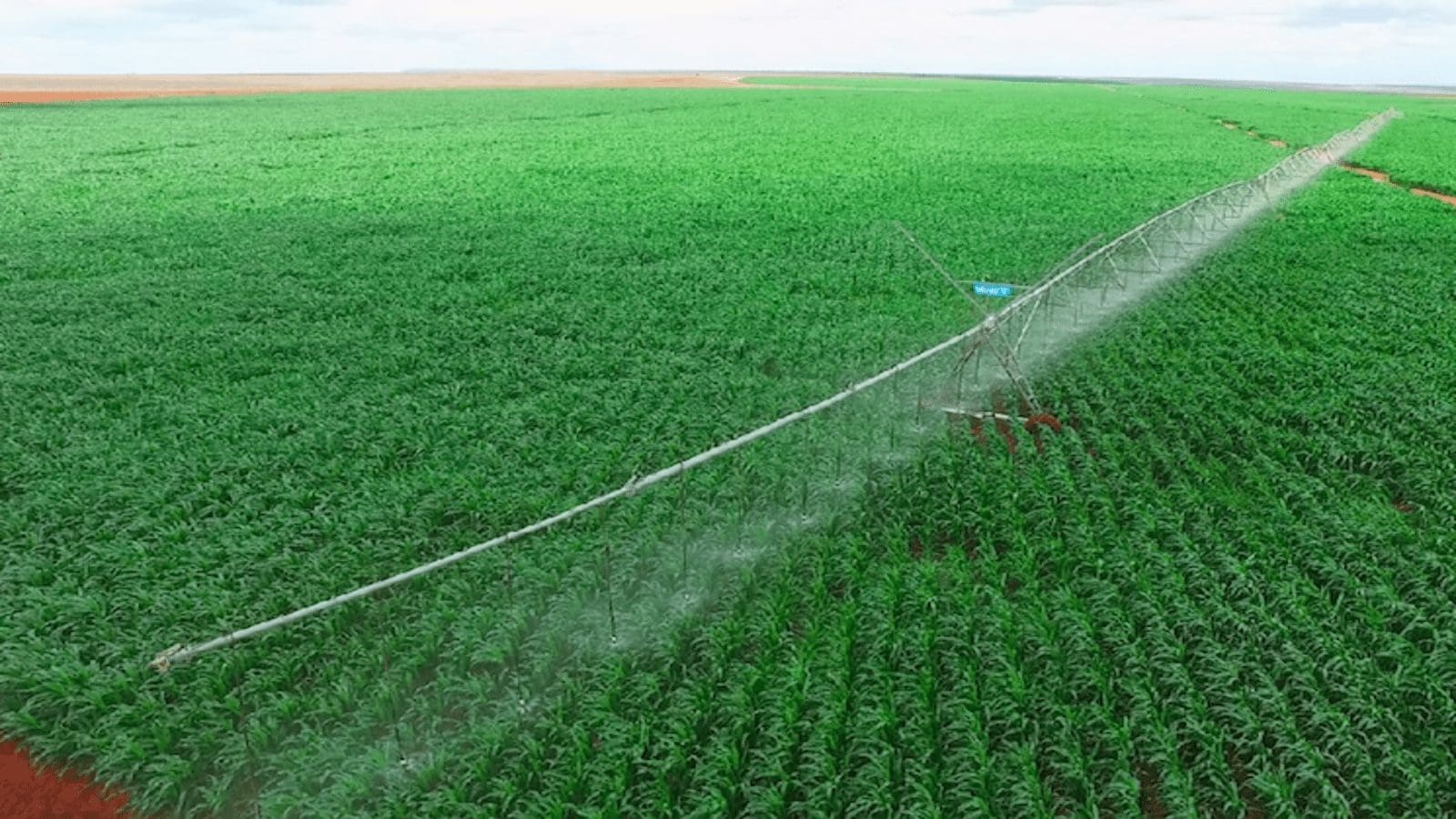ZIMBABWE- Zimbabwe is making progress towards attaining self-sufficiency in wheat with import volumes declining 11% from 210 million kilograms in 2021 to 186 million in 2022.
Zimbabwe which historically used to import 80 percent of wheat annually, has made steps towards increasing local production to substitute imports which end up depleting valuable foreign exchange reserves.
Despite reduce imports, Zimbabwe still spent US$112.6 million from January to November 2022, 15% up from US$97.6m recorded for the same period in 2021.
The high cost escalated due to increased average price which rose 30% from US$464 per tonne in 2021 to US$602 in 2022.
This volatility of international prices makes it even more urgent for the country to raise its own local production, which it has done and continues to do so.
With government policies and private ventures, the area under wheat production has increased from 24 186ha in 2019 to 80 885ha in 2022.
In achieving sufficiency, the Grain Marketing Board (GMB) is urged to pay farmers promptly upon delivery to allow them to make adequate preparations for the summer season.
According to Dr. James Chipuza, Headlands A2 wheat farmer, paying farmers on time is key as it helps farmers to retain excitement to produce wheat in the future. He also added that the CBZ Agro-yield also needs to offer farmers subsidized interest rates, as their loans are expensive.
“Experiences of last year where some wheat farmers were not paid on time need to be resolved so that they don’t dent chances of increasing wheat hectarage,” said Dr. James Chipunza.
“My advice to Government is that the Grain Marketing Board (GMB) must swiftly pay farmers upon delivery of their wheat, as they need to plant other summer crops and still retain excitement to produce wheat in future”
Production is also anticipated to be positively impacted with the solving of the country’s electricity problems that previously hampered irrigation.
“As long as we have electricity, low-cost water, and paid promptly upon delivering our produce, we will expand production next year,” said a wheat farmer.
Another farmer cited Government policy support in terms of lucrative producer prices, good agronomic practices, and contract farming as the game changers in the farming business.
For all the latest food industry news from Africa and the World, subscribe to our NEWSLETTER, follow us on Twitter and LinkedIn, like us on Facebook and subscribe to our YouTube channel.










